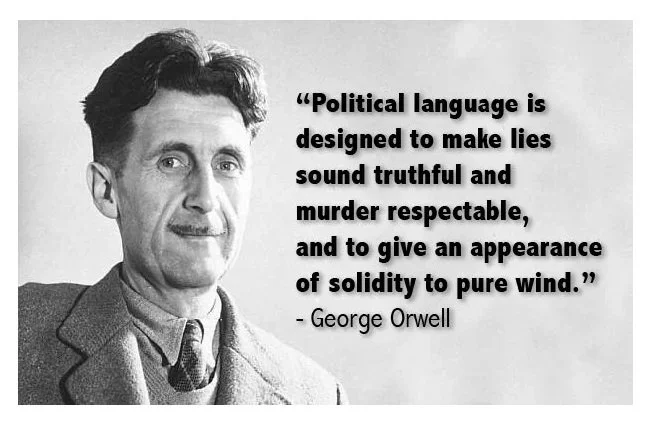Gamergate: Ten years On
Usually 10 year anniversaries are pleasant things to celebrate. Sadly that is not the case with Gamergate, which took place a decade ago this month. For me, this curious and unpleasant debacle was something that happened online and it didn’t impact upon my life directly. I wasn't threatened in any way, I didn't receive a tide of abuse and I didn't have to quit social media or my job. However for some people, that is exactly what did happen. I, like many others, just stood on the margins as events unfolded and looked on, agog as this exquisite car crash of a “movement” that proceeded to shoot itself and the wider gaming community collectively through the foot. It is no coincidence that this happened as gaming was becoming a mainstream pastime and slowly shedding a lot of the negative connotations associated with it. Gamergate purposely arrested that process.
If you’re not au fait with Gamergate, Wikipedia has a substantive page about the affair that provides a comprehensive overview. To summarise, Gamergate originally claimed to be an informal online campaign that was lobbying for apolitical video games’ journalism. I don't dispute that there were some advocates who were focused on the failings of games journalism at the time but they were quickly drowned out by the bellicose rhetoric of others with a far less pleasant agenda. Gamergate quickly became a decentralised harassment campaign and a clear political backlash against feminism, diversity, representation and any form of progressivism in video game culture and communities. With hindsight and in light of the information that has subsequently come to light, Gamergate was part of the wider culture wars that have been stoked by right in the US for the last twenty years.
There were some positive aspects to Gamergate. Primarily that there was a market for diverse video games and game studios. Also that representation was not an impediment to sales. In fact by embracing such a philosophy you could potentially increase sales. It also proved that video games were not the exclusive prerogative of white males, although so much of the unpleasant pushback came from that group. Gamergate also shone a light upon the video games industry that proved it to be as problematic as any other leisure industry. The workplace was all too often toxic, prejudicial and exploitative. Misogyny was all too common. Gamergate was ultimately no different from comparable debacles that the music, film and TV industries have experienced over the years, highlighting identical problems. Gamergate also afforded many gamers an opportunity to see the entire industry for what it really is. IE Just as flawed as any other.
Ten years on has anything changed as a result of Gamergate? I’d argue no. Gamers are a broad group of people, from multiple socio-economic groups. Apart from the common theme of a shared pastime, it would be illogical to expect there to be a consensus on major political, social and cultural issues. Hence there are gamers that still advocate and enjoy the benefits of inclusive gaming as there are those opposed to such perceived liberalism. At the time, Gamergate was a rude awakening for many gamers who were shocked to find that numerous bloggers, YouTube personalities and internet friends, were not on “the same page” as they were. A decade later, it is not quite so surprising. Many influencers happily wear their hearts on their sleeve and I would argue that it’s a lot easier to identify who is who these days.
Upon reflection Gamergate was an inevitability. Too many gamers for too long erroneously thought that the gaming community was a unique flower. They failed to see that any activity will become a cultural battleground, once it becomes big enough. There appears to be a critical mass for any community and once exceeded, division and rancour always emerge. Perhaps it's just another integral aspect of the human condition. That's not to say that we should give up on pushing for change. The video games industry should be able to accommodate everyone’s needs. However, we need to recognise that big business is seldom a meritocracy. If left to its own devices it will seldom stray beyond the path of least resistance. As for the gamers in favour of Gamergate ten years ago, they’re still out there and their views haven’t changed. If anything they’re more confident and vocal. But that means there is less ambiguity nowadays. To see where someone stands, all one has to do is look.






























